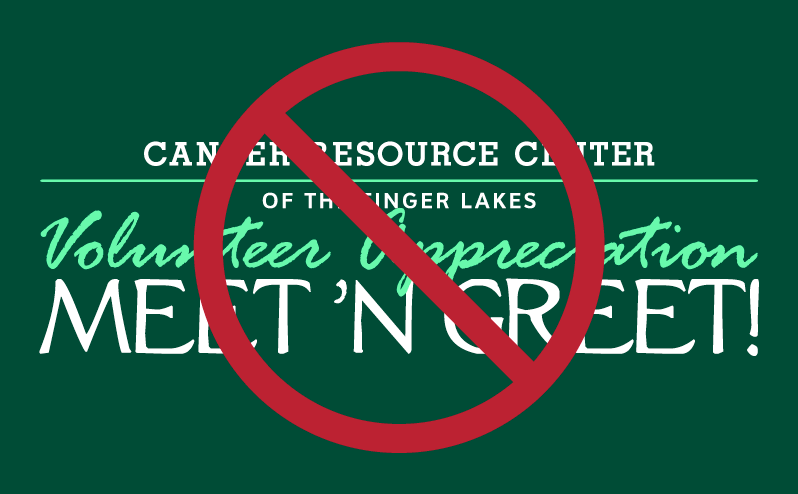Nearly every cancer patient experiences fatigue and stress, and a significant number report some degree of depression, all of which can affect a person’s memory and ability to think clearly. And cancer is most common in individuals over the age of 65, a time when cognitive changes might appear independently of cancer or its treatment. Measuring cognitive changes specifically caused by chemotherapy is difficult.
Most existing studies relating to chemobrain are small, tend to focus only on individuals being treated for breast cancer, and have used inconsistent measures. As a result, we don’t have much solid data that can be generalized. The International Cognition and Cancer Task Force has been formed to tackle this issue. One of its highest prioritize is to standardize measures so that studies can be compared and synthesized .
I had chemotherapy twelve years ago and I experienced what I consider to be chemobrain. It didn’t affect my day to day functioning, but it did seem to hamper my ability to kick my brain into its highest gear. For a college professor – which I was at the time – losing high gear can be a serious problem. Fortunately, the symptoms disappeared in a few months as they do for most people. In some cases, though, chemobrain seems to linger on for years.
A recent article in the Journal of the National Cancer Institute calls for the adoption of a term more encompassing than chemobrain.
Cognitive changes in cancer patients can be caused by treatments other than chemotherapy (e.g., hormonal therapy, immunotherapy, and radiation therapy) or by the cancer itself.
So what does this all mean for someone just now diagnosed with cancer? Here’s my take:
- Realize that most people undergoing chemotherapy do not experience cognitive problems. The Mayo Clinic website estimates that 20-30% of people undergoing chemotherapy will experience problems.
- If your brain seems fuzzy when you’re getting cancer treatment, report these symptoms to your doctor. Some problems can be corrected by changing medications or some other relatively easy fix.
- If you feel depressed, share that with your doctor. A Lance Armstrong Foundation survey of cancer survivors found that 70% of them experienced depression at some point in time. Depression is treatable.
- Exercise during treatment is often helpful. Aerobic activity can clear your mind and make you feel more alert.
In sum, there is a growing recognition that cognitive changes sometime occur as a result of cancer and its treatment, but we don’t know exactly why it happens or who is at greatest risk. In general, these changes are transient and manageable, but we’re just beginning to understand the scope of the problem and what to do about it.
Click here to see all of Bob’s columns





